The Raptor engine is designed to power Starship to our lunar neighbor and beyond.
- by
-
Amanda Kooser
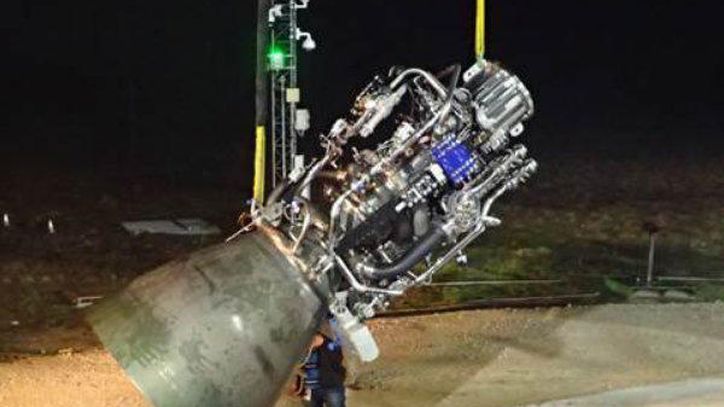
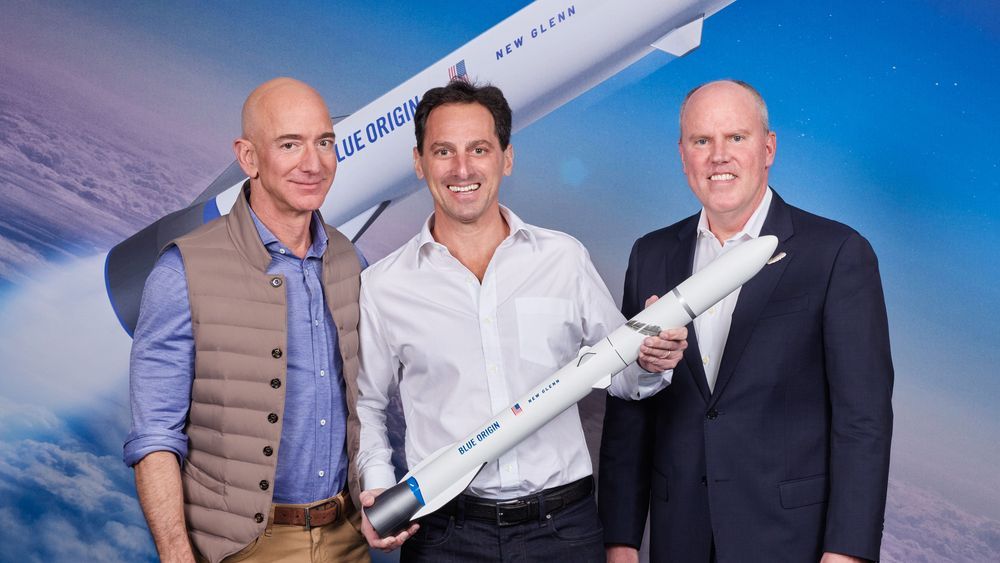
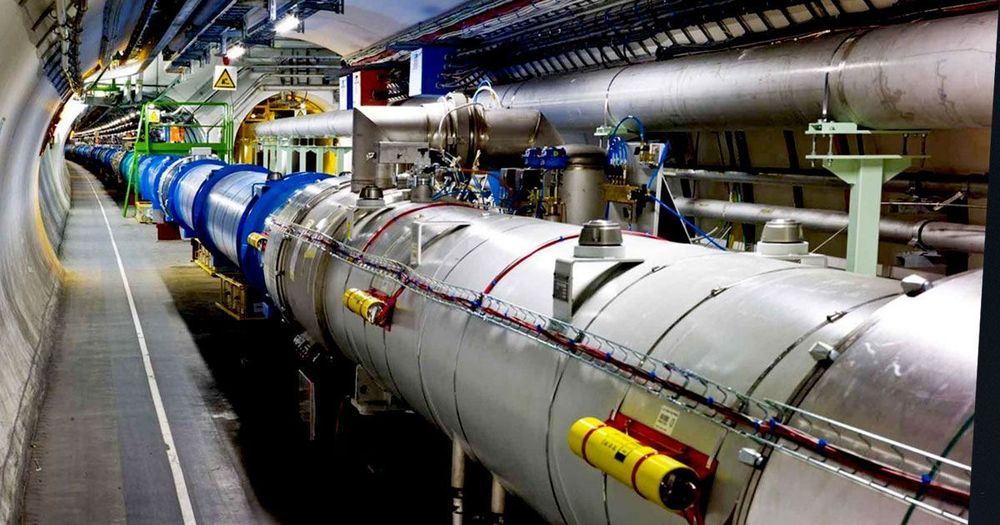
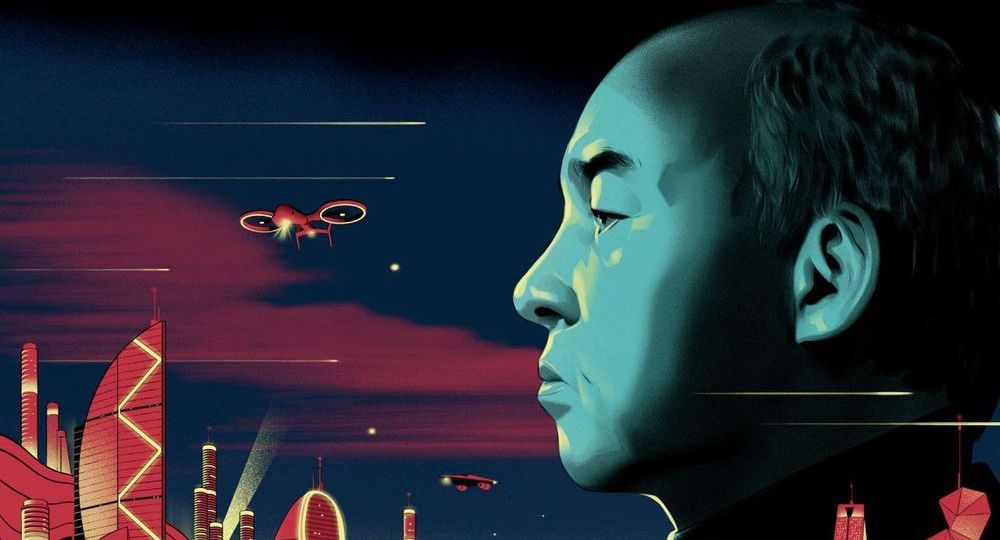
Billionaire Masayoshi Son–not Elon Musk, Jeff Bezos, or Mark Zuckerberg–has the most audacious vision for an AI-powered utopia where machines control how we live. And he’s spending hundreds of billions of dollars to realize it. Are you ready to live in Masa World?
[Illustration: Señor Salme]

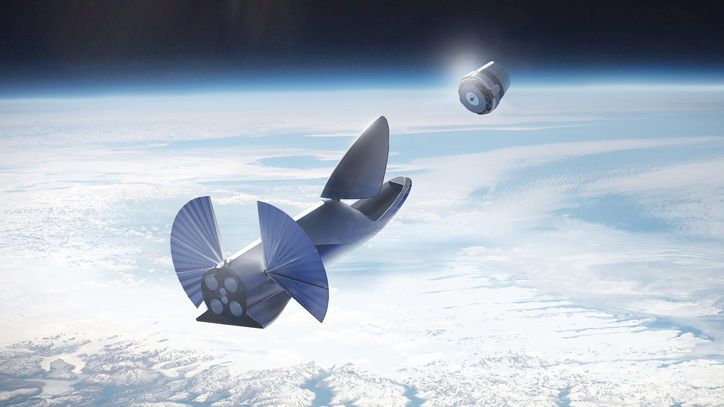
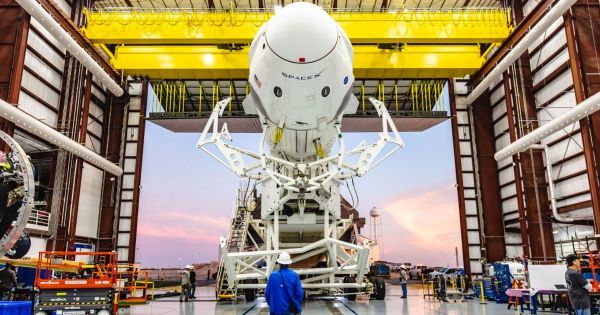
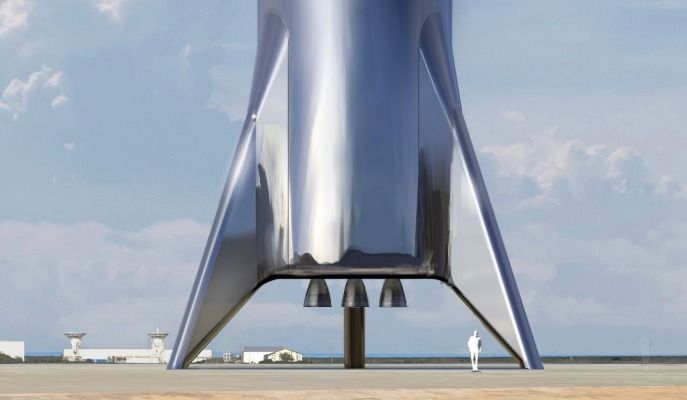
The image here come from Elon Musk and is concept art of the Starship test vehicle SpaceX is currently assembling at its Boca Chica, Texas launch facility. The real thing will be even better. This test vehicle is shorter and lacks the windows of the production ship that will eventually go into production.
Starship test vehicle under assembly will look similar to this illustration when finished. Operational Starships would obv have windows, etc. pic.twitter.com/D8AJ01mjyR
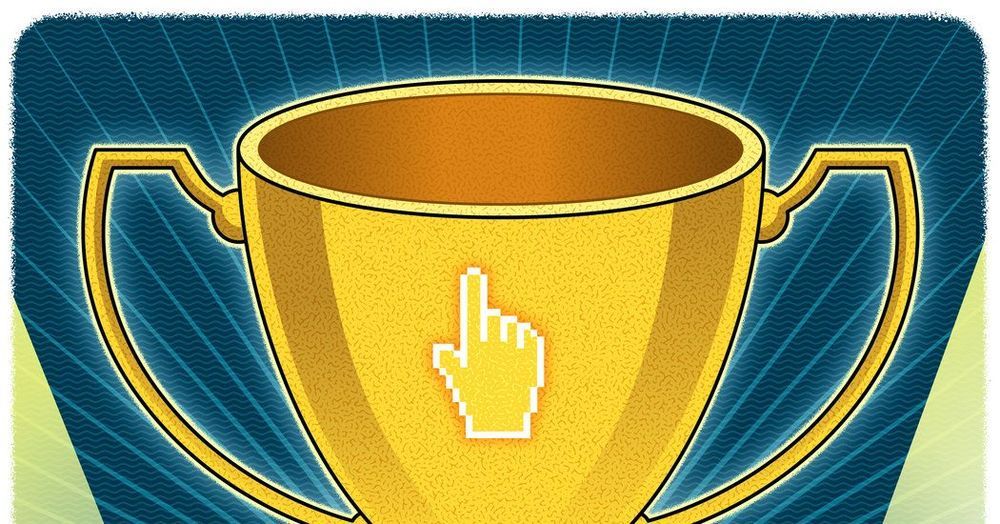
It’s true that this was a horrible year for many of the tech industry’s biggest companies. Amazon held a nationwide beauty pageant for its new headquarters, raising hopes that the company would help transform a struggling city, then picked the two places that needed it the least. Executives from Facebook, Google and Twitter got hauled before Congress to apologize for * gestures wildly in all directions*. One of Uber’s self-driving cars killed someone. And then there was Elon Musk.
But the tech sector is more than its giants.
Last year, I handed out “good tech” awards to a handful of companies, nonprofit organizations and people who used technology to help others in real, tangible ways. The goal was to shine a spotlight on a few less-heralded projects that may not get front-page headlines or billions of dollars in funding, but are actually trying to fulfill the tech industry’s stated goal of improving the world.

William Falconer-Beach has rendered some images of the SpaceX Starship with a mirror polished stainless steel body.
Elon Musk has reported that SpaceX is building the body of the Starship out of stainless steel and that it will be polished to a mirror finish.
A hopper version of the Starship should have its first test flights by April 2019. The Super Heavy should reach orbit in 2020.